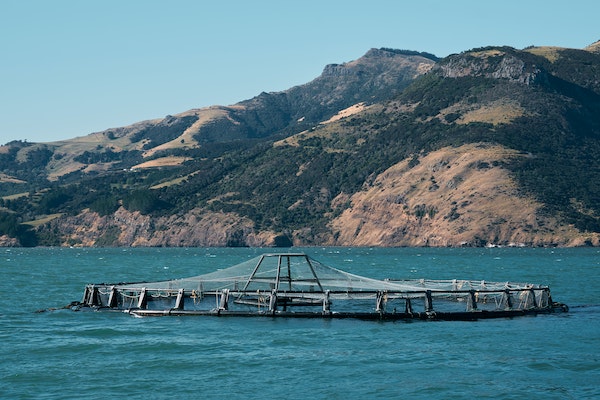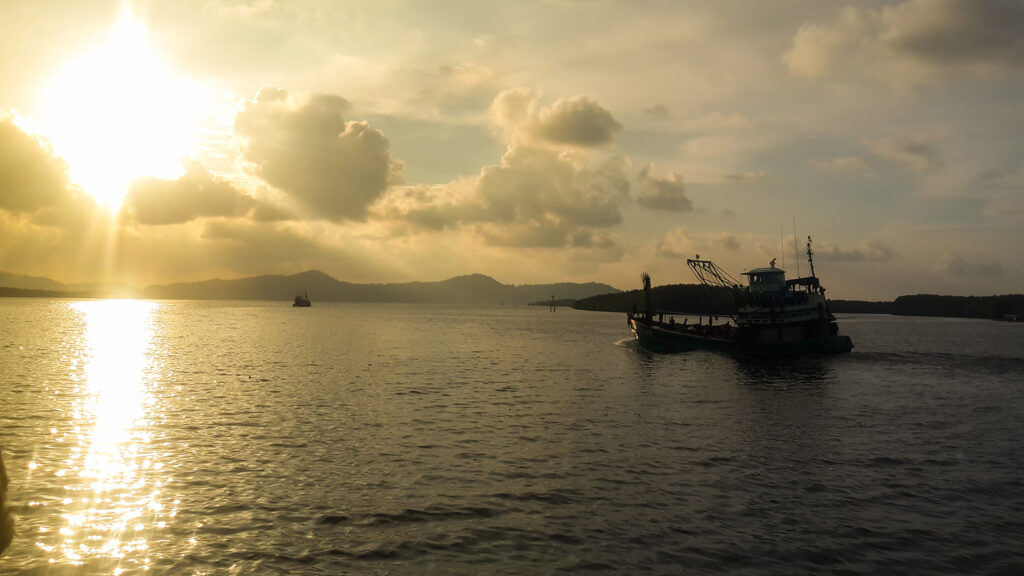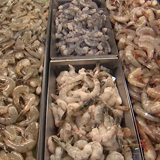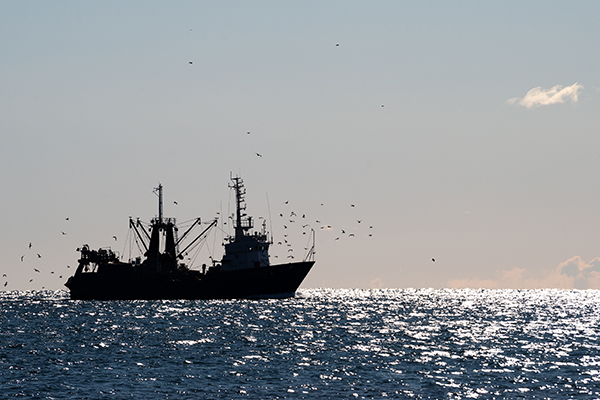The most comprehensive database of its kind supports better FIP management, design and implementation

Sustainable Fisheries Partnership (SFP) and the Hilborn Lab at the University of Washington have released an updated version of the Fishery Improvement Projects Database (FIP-DB). This sixth edition of the database is the most comprehensive, with historical time series data on more than 320 fisheries improvement projects (FIPs) reaching back to 2003 when the first FIPs were established.
While mainly intended for use by fisheries management researchers, the database is also an important tool for industry and nonprofit stakeholders to understand how internal and external factors affect FIP performance and success.
“Research using this database may ultimately lead to better management decisions, better FIP design and implementation, and improvements on the water,” said SFP Senior Scientist Pedro Veiga. “Several research outputs, including peer-reviewed articles, have already emerged from data sourced from the FIP-DB.”
The database complements and draws upon existing online resources dedicated to FIPs, including the Improvement Projects tracker by SFP’s FIP Evaluation Program and FisheryProgress.org, a comprehensive platform offering up-to-date information on FIP progress. Currently, the database encompasses fishery and FIP-specific data attributes and performance indicators for the more than 320 FIPs initiated to date.
As in the previous version, users can download a simplified version of the entire database. From the database website, users can access and download multiple Excel tables. Detailed information regarding each included variable can be found in the database metadata.
Additionally, an updated version of the existing Tableau dashboard, featuring key insights into FIP-related indicators, is available for consultation by a wider audience, including members of the seafood industry and non-profit organizations.
The FIP Research program also maintains an open-access resource library, aimed at curating and spotlighting scientific research pertinent to FIPs. The overarching objective of this library is to centralize disparate sources of FIP-related information into a single accessible repository. To contribute documents or other resources to the library, interested parties are encouraged to reach out to SFP.
Now that you've reached the end of the article ...
… please consider supporting GSA’s mission to advance responsible seafood practices through education, advocacy and third-party assurances. The Advocate aims to document the evolution of responsible seafood practices and share the expansive knowledge of our vast network of contributors.
By becoming a Global Seafood Alliance member, you’re ensuring that all of the pre-competitive work we do through member benefits, resources and events can continue. Individual membership costs just $50 a year.
Not a GSA member? Join us.
Author
-
Responsible Seafood Advocate
[103,114,111,46,100,111,111,102,97,101,115,108,97,98,111,108,103,64,114,111,116,105,100,101]
Tagged With
Related Posts

Aquafeeds
Projects look to improve carbon footprint and biodiversity impact of aquafeeds
The Sustainable Fisheries Partnership aims to better understand, measure and reduce the environmental and carbon footprint of aquafeeds.

Fisheries
Can a data-sharing tool eliminate IUU fishing and make seafood supply chains more reliable?
The Sustainable Fisheries Partnership’s new data-sharing tool helps users identify environmental risks and eliminate IUU fishing in seafood supply chains.

Responsibility
SFP urges sectorwide improvements for Southeast Asia farmed shrimp
Six of the world’s leading shrimp producers are in need of aquaculture improvement projects and zone-management strategies that address pressing sustainability concerns, a leading seafood NGO has determined.

Fisheries
Study identifies factors affecting fishery health in Canada, offers management suggestions
Healthier fish stocks linked to fisheries management regions, more selective fishing gears, certification and high fishery value.



